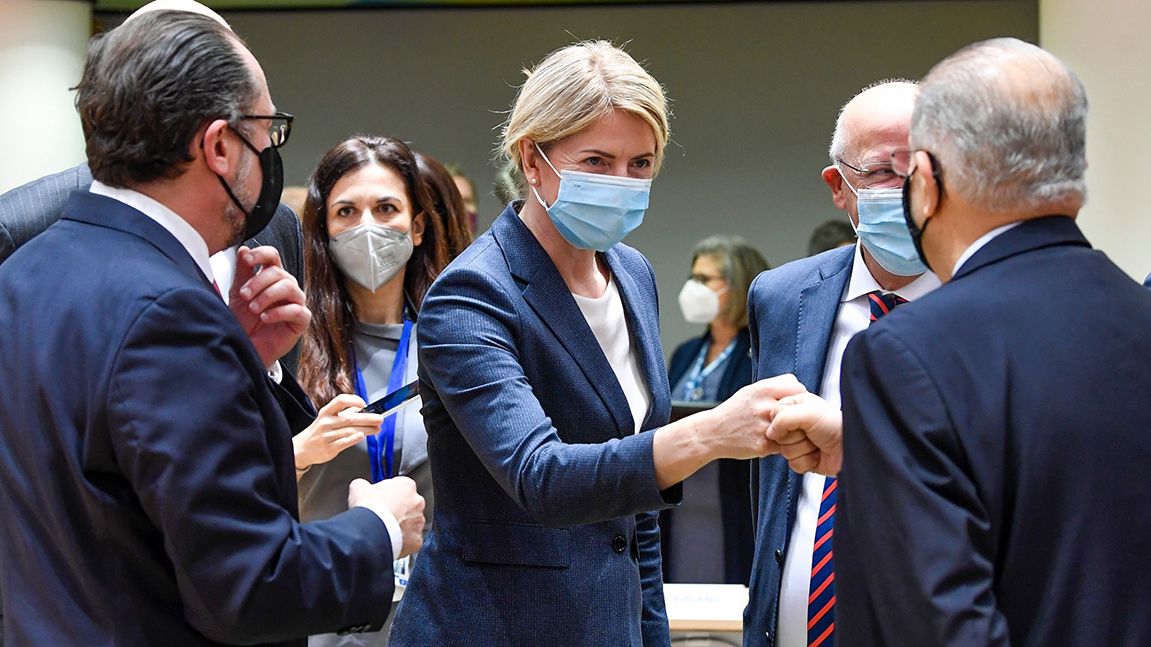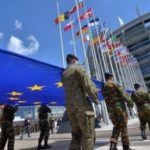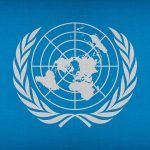
Ministers concurred that the EU should continue with diplomatic efforts to convince Russia to choose the path of dialogue, and tasked the High Representative to keep coordinating the EU position with key partners such as the US, NATO and the OSCE. At the same time the EU will continue to push back on disinformation.
While the first choice is dialogue, the High Representative made clear that work on preparing responses to potential Russian aggression was advanced, and being pursued in coordination with key partners.
Lastly, the EU will step up its efforts to enhance the resilience of Ukraine and other partners through a financial assistance package consisting of emergency loans and grants, support against cyber and hybrid threats, and support for security and defence, including through reform of the Ukrainian military education sector.
Council conclusions
The Council also approved conclusions on:






Leave a Reply